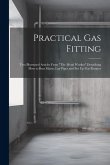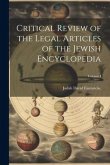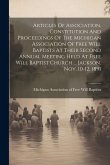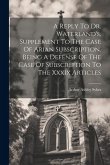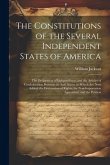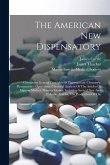"The Smalcald Articles" is a pivotal theological work authored by Martin Luther, one of the critical figures of the Protestant Reformation. This treatise became written in 1537 and is considered one in all Luther's most huge writings. The Smalcald Articles were named after the metropolis of Smalcald, Germany, in which a meeting of Protestant leaders took place to discuss spiritual topics. These articles had been intended to be a concise precis of Lutheran ideals and an announcement of faith, that may serve as a basis for cohesion some of the various Protestant factions. They cover vital theological topics, including the character of God, the doctrine of salvation, and the shape of the Church. Luther used "The Smalcald Articles" to emphasize key Reformation principles, consisting of justification by means of religion by myself, the authority of Scripture, and the rejection of sure Catholic practices and beliefs, just like the authority of the Pope. The record articulates Luther's belief that religion in Christ is the only method of salvation and that works alone can't justify someone earlier than God. While "The Smalcald Articles" did now not result in the hoped-for harmony amongst Protestant organizations, it remains a foundational text in Lutheran theology.
Hinweis: Dieser Artikel kann nur an eine deutsche Lieferadresse ausgeliefert werden.
Hinweis: Dieser Artikel kann nur an eine deutsche Lieferadresse ausgeliefert werden.


